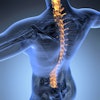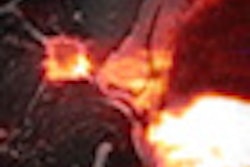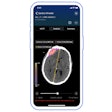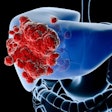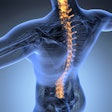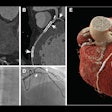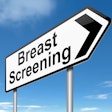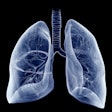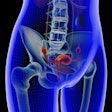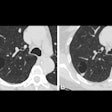NYU Langone Medical Center in New York City said it has received two grants totaling $3.5 million from the U.S. National Institutes of Health (NIH) earmarked for improvement in global radiology practices.
For the first grant, the university's Center for Biomedical Imaging will receive $3 million for research into reducing the radiation dose of CT scans, one of the most common radiology procedures with more than 72 million scans performed annually in the U.S.
The center has developed a dose-reduction technique that involves the use of a collimator to disrupt the x-ray beam and an algorithm to maximize the information acquired with the remaining image data, effectively using fewer exposures and less radiation to create high-quality CT images.
The second grant went to the department of radiology to develop a comparative effectiveness research and big-data analysis training program for radiologists. Comparative effectiveness research is used to compare the benefits and harms of using alternative imaging methods to diagnose and treat clinical conditions. The goal is to consistently use the appropriate imaging method on the right patient at the right time.
The five courses will include both classroom instruction and online didactics, NYU Langone said.



